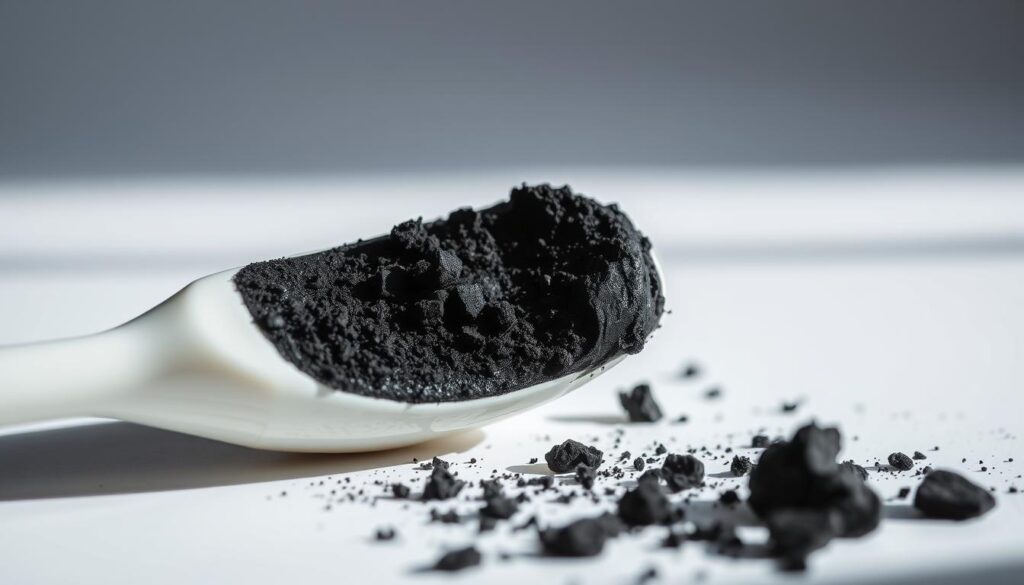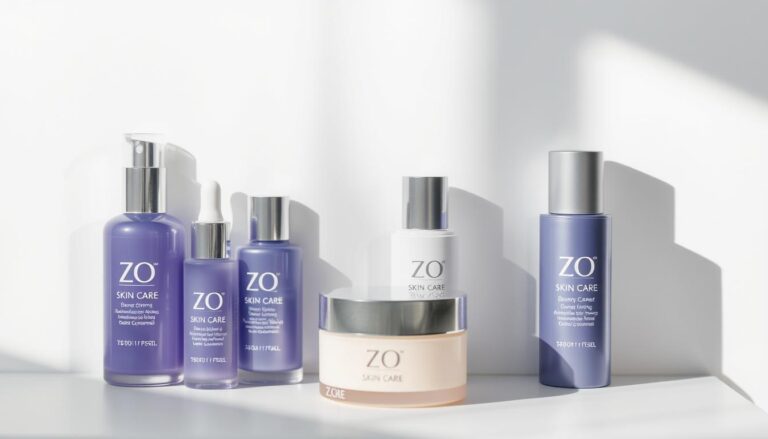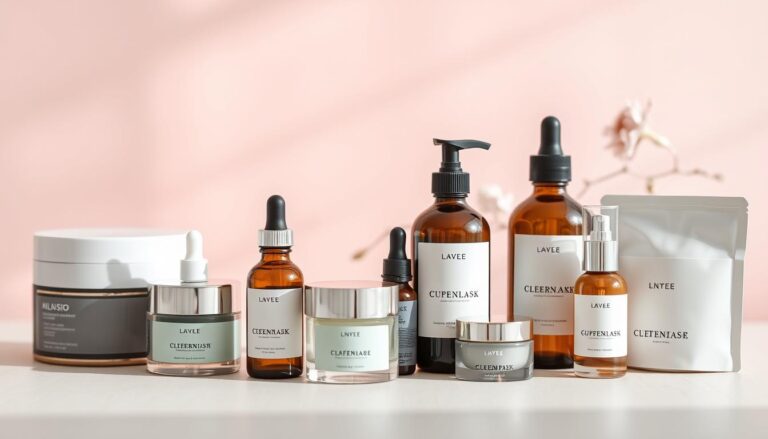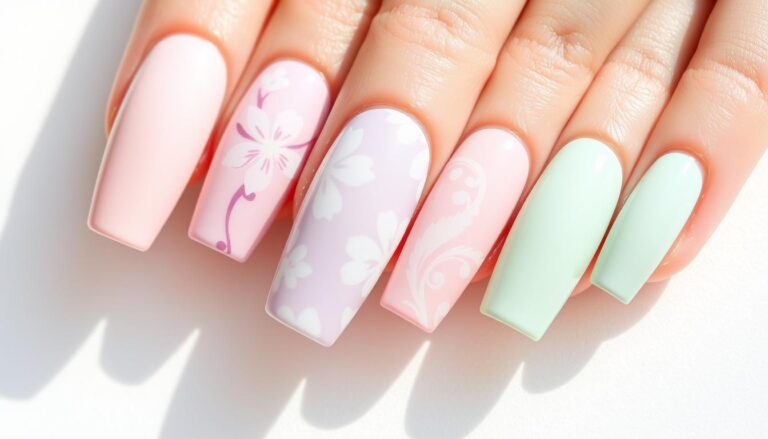Maintain oral health: 7 Surprising Habits That Damage Your Teeth
Table of Contents
Your smile is more than just a simple expression – it’s a window into your overall health. Most people don’t realize that everyday habits can silently sabotage their dental hygiene. This creates long-term damage that goes beyond just tooth decay.
Maintain oral health isn’t just about brushing twice a day. Your oral care routine involves understanding the subtle ways you might be harming your teeth without even knowing it. Statistics reveal that 30% of adults engage in habits that can damage their teeth, from nail-biting to using teeth as tools.
Dental hygiene is a critical component of your overall wellness. Research shows that poor oral health can contribute to serious conditions like cardiovascular diseases. Individuals with poor oral health have a 20% higher risk of developing heart-related issues due to oral bacteria.
Key Takeaways
- Everyday habits can significantly impact dental health
- 30% of adults unknowingly damage their teeth through harmful practices
- Oral health connects directly to overall body wellness
- Preventive care is crucial in maintaining long-term dental health
- Small changes in daily routine can protect your teeth
To maintain the safety and beauty of your mouth, you can use this nutritional supplement
Understanding the Basics of Dental Health Protection
Your oral health is key to your overall health. Keeping your teeth clean is more than just a pretty smile. It’s about keeping your body safe from health risks.
To keep your mouth healthy, you need a mix of daily habits and professional help. Studies show a strong link between oral health and diseases. This makes dental care more important than ever.
Essential Daily Dental Care Practices
Good brushing techniques are key to avoiding oral health problems. Experts say:
- Brush your teeth twice a day for two minutes
- Use fluoride toothpaste
- Change your toothbrush every 3-4 months
- Practice proper flossing
“Consistent oral hygiene is your first line of defense against potential health complications.”
Gum Disease Prevention Strategies
To stop gum disease, you need to act early. Plaque can cause big problems, like heart disease and brain issues.
Here are some ways to prevent gum disease:
- Floss every day to clean between your teeth
- Use antiseptic mouthwash
- Eat a balanced diet
- Stay away from tobacco
Professional Dental Care Importance
Regular dental visits are crucial for catching problems early. Annual check-ups can spot risks before they get worse.
Did you know? Adults with chronic diseases may need more dental visits to keep their mouth healthy.
The Hidden Dangers of Charcoal Products for Your Teeth

Charcoal toothpaste is popular for making teeth look brighter. But, it might harm your efforts to prevent tooth decay.
Charcoal products can be harmful to your teeth. They are too rough and can damage your tooth enamel. This damage can lead to long-term problems, even if they make your teeth look whiter for a short time.
- Increased tooth sensitivity
- Permanent enamel erosion
- Higher risk of staining
- Potential disruption of oral microbiome
Dentists say charcoal toothpaste only offers temporary cosmetic improvements. The rough particles can scratch your teeth. This makes them more likely to stain and decay in the future.
Protecting your tooth enamel is crucial for long-term dental health and prevention of cavities.
Don’t risk your teeth with charcoal products. Instead, try safer options that dentists recommend:
- Hydroxyapatite toothpaste for enamel remineralization
- ADA-approved whitening toothpastes
- Professional teeth whitening treatments
- Regular dental check-ups
Your smile is worth protecting. Choose proven ways to prevent tooth decay. Always talk to a dentist before trying new oral care products.
Aggressive Brushing and Its Harmful Effects
Dental hygiene is key to keeping teeth healthy. Yet, many people harm their teeth by brushing too hard. Learning the right brushing methods can stop tooth decay and keep your mouth healthy.

About 30% of adults have gum recession because of bad brushing habits. Brushing too hard can hurt your teeth and gums. This can make your teeth more sensitive and lead to serious oral health problems.
Proper Brushing Techniques
When brushing, use gentle circular motions with little pressure. The American Dental Association suggests:
- Hold your toothbrush at a 45-degree angle to the gums
- Use soft, gentle circular motions
- Brush for exactly two minutes
- Avoid applying too much pressure
Choosing the Right Toothbrush
Picking the right toothbrush is important for preventing tooth decay. Think about these points when picking a toothbrush:
| Toothbrush Type | Benefits | Recommended For |
|---|---|---|
| Soft-bristled manual | Reduces gum damage by 70% | Most adults |
| Electric toothbrush | Improves plaque removal by 21% | Those wanting advanced cleaning |
| Toothbrush with pressure sensor | Prevents aggressive brushing | People with sensitive gums |
Signs of Over-brushing
Watch out for these signs that you might be brushing too hard:
- Receding gum line
- Increased tooth sensitivity
- V-shaped indentations near gum line
- Bleeding or irritated gums
Going to the dentist every six months can catch and stop brushing damage early. By brushing gently and using the right tools, you can keep your teeth and mouth healthy and avoid unnecessary wear.
How to Maintain Oral Health Through Diet Choices

Your diet is key to keeping your mouth healthy. What you eat and drink affects your teeth and gums. It helps prevent tooth decay and keeps your breath fresh.
Some foods and drinks can harm your teeth. Bacteria in your mouth turn sugars and carbs into acids. These acids attack your tooth enamel, starting decay. Drinks with sugar and snacking often lead to cavities.
- Limit sugary and acidic beverages
- Reduce snacking frequency
- Choose tooth-friendly foods
To keep your mouth healthy, eat foods that are good for your teeth:
- Calcium-rich foods: Aged cheeses, chicken, and nuts help strengthen teeth
- Crunchy vegetables: They make saliva, which cleans your mouth
- Water: It rinses away acids and keeps you hydrated
Smart eating can lower your risk of cavities. Eat acidic foods with meals to lessen their harm. Pick sugar substitutes like xylitol, which don’t feed bad bacteria. Chewing sugarless gum also boosts saliva, protecting your teeth.
Your diet is a powerful tool in tooth decay prevention and maintaining fresh breath.
The Truth About Using Teeth as Tools
Your teeth are made for chewing, not for being tools. Yet, many people use them for tasks that harm their teeth. About 30% of people admit to using their teeth to open packages or hold things.
Common Misuses of Teeth
Many people use their teeth in ways that can hurt them. Some common mistakes include:
- Opening plastic packaging
- Removing tags from clothing
- Cracking nuts
- Holding items when hands are full
- Tearing tape or labels
Potential Damages and Consequences
Using teeth as tools can lead to serious problems. Almost 75% of dental injuries come from this. Potential damages include:
- Chipped or cracked tooth enamel
- Tooth fractures
- Increased sensitivity
- Expensive dental repairs
- Potential tooth loss
Safe Alternatives to Consider
To keep your teeth safe, use the right tools for each task. Always have scissors, pliers, or other tools ready. Remember, your teeth are very important and can’t be replaced. Take good care of them.
Grinding and Clenching: Silent Teeth Destroyers
Teeth grinding, or bruxism, is a hidden threat to your dental health. It affects up to 15% of adults. You might be damaging your teeth without even realizing it. This habit can cause long-term damage to your oral health.
The main causes of teeth grinding include:
- High stress levels
- Anxiety and emotional tension
- Sleep disorders
- Misaligned teeth
- Certain medications
It’s important to recognize the signs of bruxism for gum disease prevention. Look out for these symptoms:
- Jaw pain or soreness
- Headaches, especially in the morning
- Worn tooth enamel
- Increased tooth sensitivity
- Unexplained facial muscle fatigue
Bruxism can lead to serious dental problems. About 50% of patients have worn tooth enamel. Also, 70% experience jaw pain or headaches from grinding.
“Protecting your teeth from grinding is essential for long-term dental health and preventing costly treatments.”
Effective ways to manage bruxism include:
| Treatment Option | Effectiveness | Cost Consideration |
|---|---|---|
| Custom Night Guards | 90% reduction in tooth wear | Higher initial investment |
| Over-the-Counter Guards | 50% symptom reduction | More affordable |
| Stress Management Techniques | Variable effectiveness | Low-cost approach |
By tackling teeth grinding early, you can protect your dental health. This can save you from expensive restorations that cost between $1,000 to $3,000. Talk to your dentist to create a plan for managing bruxism and keeping your mouth healthy.
The Impact of Ice Chewing on Dental Health
Ice chewing might seem harmless, but it can harm your dental health. It’s not just a way to cool down or relieve stress. It can actually damage your teeth.
Physical Damage from Ice Chewing
The hard, cold ice cubes pose serious risks to your teeth. Regularly chewing ice can lead to several dental problems:
- Microscopic fractures in tooth enamel
- Increased tooth sensitivity
- Potential chipping or breaking of teeth
- Weakening of dental work like fillings or crowns
Preventing tooth decay is hard when your teeth are stressed by ice. The pressure can cause tiny cracks. These cracks may not be seen but can weaken your tooth.
Breaking the Ice-Chewing Habit
Knowing the risks is the first step to protect your teeth. Here are ways to stop chewing ice:
- Use crushed ice instead of large cubes
- Drink cold beverages without ice
- Chew sugar-free gum as an alternative
- Consult a healthcare provider about potential underlying conditions
Persistent ice chewing might indicate an underlying health issue like anemia, so professional medical advice is recommended. By stopping this habit, you can keep your teeth healthy for years.
Why Regular Dental Check-ups Matter
Keeping your teeth healthy is more than just brushing and flossing. Visiting the dentist is key to a healthy smile and avoiding problems. The American Dental Association says you should go every six months for full dental care and to catch issues early.
At dental visits, professionals clean your teeth, removing up to 80% of plaque you can’t get rid of at home. This is vital in stopping tooth decay and gum disease. People who see the dentist often are 50% less likely to face serious dental issues than those who don’t.
Your dental health is linked to your overall health. If you have untreated gum disease, you’re three times more likely to have a heart attack. Fluoride treatments during these visits make your teeth stronger and protect against cavities. Preventive dental care can save you up to $1,200 a year on costly treatments.
Going to the dentist isn’t just about your teeth. It’s a big part of your health plan. Early screenings help you stay healthy in both your mouth and body. Make dental visits a must and keep your smile healthy for life.
FAQ
How often should I brush my teeth?
Brush your teeth twice a day. Do it once in the morning and once before bed. Each brushing should last two minutes. Use a soft-bristled toothbrush and fluoride toothpaste. Clean all tooth surfaces with gentle circular motions.
Is flossing really necessary?
Yes, flossing is key for your mouth’s health. It gets rid of plaque and food bits between teeth. This helps stop gum disease and tooth decay. Floss once a day, best before brushing.
How can I prevent tooth sensitivity?
To avoid tooth sensitivity, use a soft toothbrush and brush gently. Limit foods and drinks that are acidic. Use toothpaste for sensitive teeth. Regular dental visits are also important. If you grind your teeth, wearing a night guard can help.
What foods are bad for my teeth?
Avoid sugary snacks, carbonated drinks, citrus fruits, sticky candies, and acidic beverages. They can damage your teeth. Choose healthy options like crunchy veggies and foods rich in calcium instead.
How often should I visit the dentist?
See your dentist every six months. This is for a check-up and cleaning. It helps catch problems early and keeps your teeth clean.
Can stress affect my oral health?
Yes, stress can harm your teeth. It can cause grinding, canker sores, and weaken your immune system. This makes you more likely to get gum disease. Reducing stress can protect your teeth.
Are electric toothbrushes better than manual ones?
Electric toothbrushes might be better at removing plaque and gingivitis. They often have timers and clean more consistently. But, the best thing is to brush right, no matter the brush type.
How can I naturally improve my breath?
To improve your breath, drink plenty of water and brush your teeth well. Use a tongue scraper and chew sugar-free gum. Eat crunchy veggies and avoid foods like garlic and onions. Regular dental visits can also help find and fix bad breath causes.







